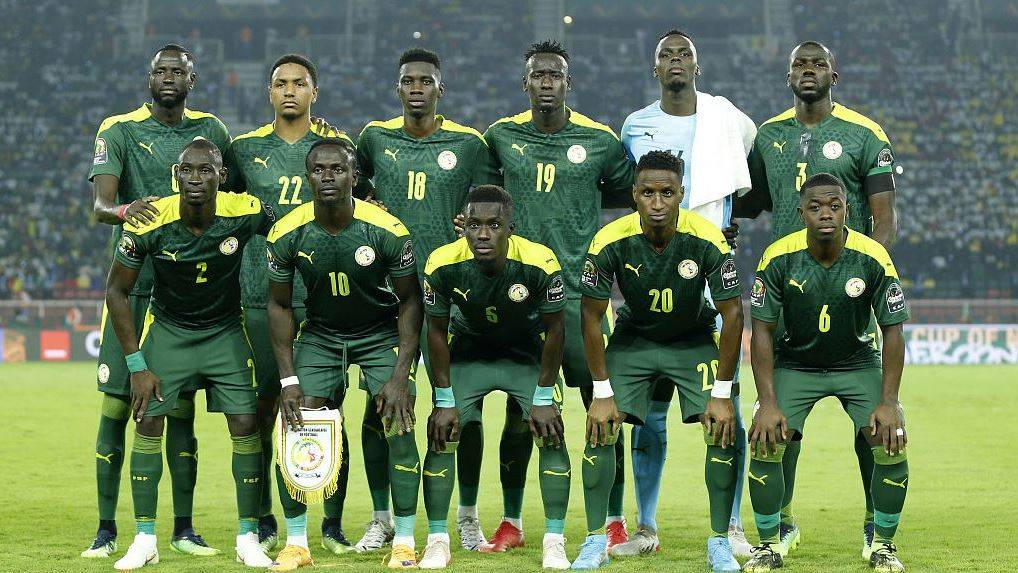The decision by President
Macky Sall to pay Senegal's football squad its World Cup bonus despite the team
not hitting its target has caused anger for some in the West African nation.
The African champions had been tasked with reaching the quarter-finals but
bowed out in the second round after a 3-0 defeat by England.
"We will fully pay the qualification bonuses for the quarter-finals for
the whole official delegation," Sall announced two days later.
The World Cup bonuses - which come out of the pool of nearly $23m (£19m)
unlocked by the Senegalese government to cover the World Cup costs - will
differ depending on the involvement of the 26 players in the entire campaign,
including qualifying.
However, some former players and other Senegalese sportsmen have questioned the
move.
"If you win you must be rewarded, but if you lose you must learn from
it," former Teranga Lions forward Diomansy Kamara told local newspaper
Stades.
Despite its generous nature, Sall's decision was even less favourably received
by athletes from other sports who traditionally have to fight to fund their own
participation in competitions.
Small bonuses, long wait
Hamadel Ndiaye is a Senegalese triathlon champion trying to reach the World
Series and qualify for the Olympics but despite working as a cameraman in
London to help with costs, he has often been unable to afford flights that
would have enabled him to compete.
He admits to feeling put out when learning that supporters would have free
passage to watch the Teranga Lions in Qatar.
"Firstly, I was disturbed when I heard the story about the nice amount of
money unlocked to bring fans to Qatar," the former swimmer, 26, told BBC
Sport Africa.
"In both 2019 and 2021, I wanted to participate in a race but the flight
ticket to Dakar was $850 (£705) and I needed to pay another $120 (£100) for my
bicycle as extra luggage but I couldn't afford this.
"Sometimes we have to wait until the last minute to know if we can
participate or not."
Ndiaye's viewpoint is backed by up athlete Sangone Kandji, who represents
Senegal in the triple jump and says such situations are happening far too
often, preventing athletes from "acclimatizing" at event venues and
thus affecting results.
"This year, at the Islamic Solidarity Games, we arrived late in Konya and
one of the athletes landed the day before his race. Those things need to be
reviewed so that we can help the athlete to recover (from their trips)."
After her triple jump title at June's African Athletics Championships in Mauritius,
Kandji adds she was rewarded with a "modest sum".
Olympian Ndeye Binta Ndiongue is a Senegalese fencer also fighting to earn a
living, and who was only paid last year for results-related bonuses dating back
over a decade to 2008.
"This year, I won the bronze medal at the African championship and the
bonuses are yet to come my way," she told BBC Sport Africa.
"(The funds for football) bring frustration even if I understand that it
brings sponsors and excitement to the whole country."
According to Ndiongue, a Senegalese gold medal holder in fencing is awarded
roughly $650 (£539) after a continental title, a sum likely to be dwarfed by
that received by the footballers.




No comments yet
Be the first to share your thoughts!